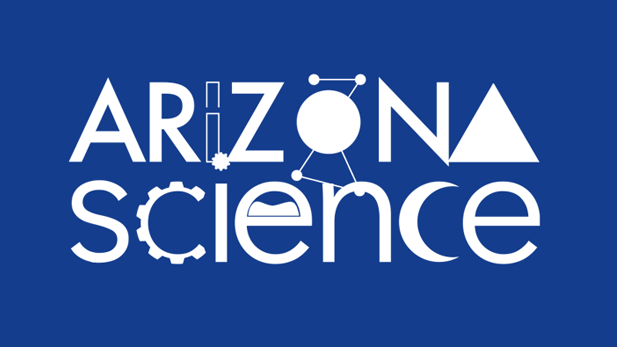 Arizona Science, Fridays on NPR 89.1
Arizona Science, Fridays on NPR 89.1
REPEAT. In the U.S., we import about 19% of the food we eat; the other 80% is grown here. More than a third of agricultural production relies absolutely on the pollination of crop plants by honeybees. When honeybee populations are threatened, so are the crops they help produce.The crops include apples, cherries, berries, melons and almonds. Almond production alone in the U.S. requires 1.6 million bee colonies! To keep pace with their needs, growers depend on a cadre of professional beekeepers, who move their hives from region to region around the country, to meet the pollination schedules of many crops, in a process that can be called "precision pollination." At this moment, bees are picking up tiny mites that infect them with viruses that can kill whole colonies - and the Carl Hayden Bee Lab, under the direction of Dr. Hoffman, is working to beat the infestation by developing pest management that is tailored to bee mites through detailed knowledge of bees' nutritive needs and the basic biology of both bees and the mites.
IN THIS EPISODE
Gloria DeGrandi-Hoffman, Ph.D., Research Leader and Director of the U.S. Department of Agriculture's Carl Hayden Bee Lab in Tucson, Arizona, and Adjunct Scientist in the UA's Department of Entomology
Leslie Tolbert, Ph.D., Regents' Professor in the UA's Department of Neuroscience

By submitting your comments, you hereby give AZPM the right to post your comments and potentially use them in any other form of media operated by this institution.